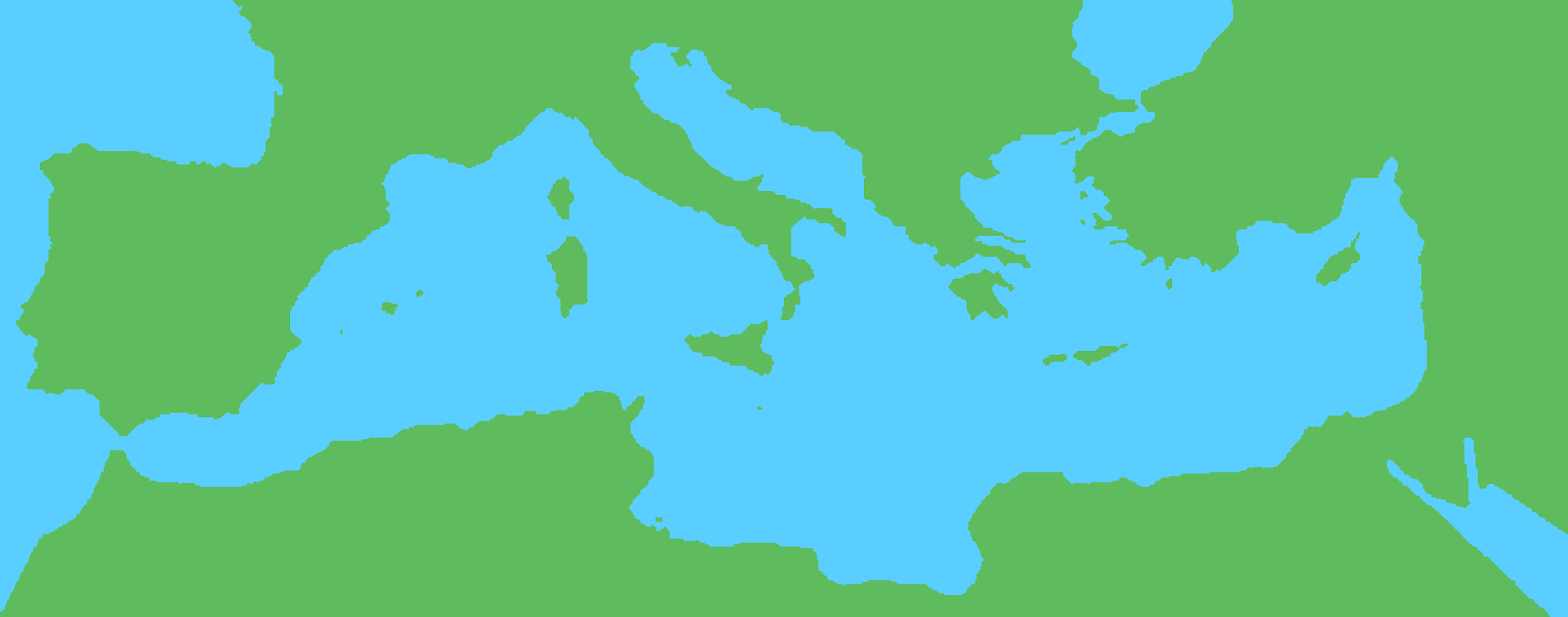Jordan. Britain will send military trainers
to Jordan to help the country’s air force in the fight against ISIS.
Prime Minister Theresa May set out measures to boost cooperation between
the UK and Jordan on a three-day trip to the Middle East during which
she visited Saudi Arabia too. Jordan seems to be an island of stability in the region, yet its disaffected, underemployed youth are acutely vulnerable to militancy.
Egypt. Egypt’s military said Abu Anas al-Ansari, a founder of a militant faction in North Sinai linked to ISIS, was killed in an airstrike. On 3rd April President Trump welcomed Egyptian President General Abdel Fattah el-Sisi to the White House. The meeting was successful and marked a stark contrast between Obama and Trump Administration toward al-Sisi and Egypt. On 9th two explosions
occurred killing 27 people inside a church in the Egyptian Nile Delta
city of Tanta, and 16 people in front of a church in Alexandria. The
Islamic State of Iraq and the Levant claimed responsibility for both
attacks. As a consequence, President el-Sisi says a three-month state of emergency will be imposed expanding police powers of arrest, surveillance and seizures and limiting freedom of movement.
Iran. Tehran’s
Culture Minister Reza Amir Salehi has visited Tunisia and Algeria in
order to foster cultural cooperation and the achievement of regional
stability. However, Iranian media said that Tunisian
President, Béji Kaid Essebsi, praised Iran for protecting the Islamic
world against Israel and that an agreement was signed between Algiers and Tehran to confront “Takfir throughout the region”. Both statements have been rejected by Tunisia and Algeria.
Russia. The role of Russia in North Africa is increasingly under scrutiny. Meanwhile reports suggest that there are disagreements between Iran and Russia over which strategy to pursue in Syria. Moreover, Russia will expand and reinforce its naval base in Tartus, Syria, allowing it to increase its capabilities to receive large submarines and warships.
Syria. On 4th it was reported a chemical attack in the city of Idlib that killed dozens of people. Russia said in a statement that the Syrian government wasn’t to blame
for the attack, and that a rebel terrorist warehouse was hit by a
conventional airstrike from Syria’s military, causing the release of the
toxic substances in the area. Moreover, Russia has rejected
a push by U.S., France, and Britain in the Security Council. Although
the responsibility of the attack has not been completely unraveled so
far, President Trump ordered on 7th a missile strike against a Syrian air base. Russia called the attack an act of aggression and announced several measures aimed at improving the Syrian air defense system.
Iraq. While the fighting in Mosul continues, the U.S. are planning to stay
in Iraq and they are very interested in the Qayyara area, south of
Mosul in the Ninevah governorate, which is seen as a possible US
alternative to Turkey’s Incirlik Air Base.
Libya. On 5th April LNA (Libyan National Army, the forces loyal to General Haftar) launched an attack
against the military base near the city of Sabha. It is the more
important military base in the South-Est of Libya where the Third
Militia, which is loyal to Tripoli-based Government of National Accord,
is based. The attack was launched on the grounds that the base was a
launching pad for rival fighters who seized key oil terminals last
month.

